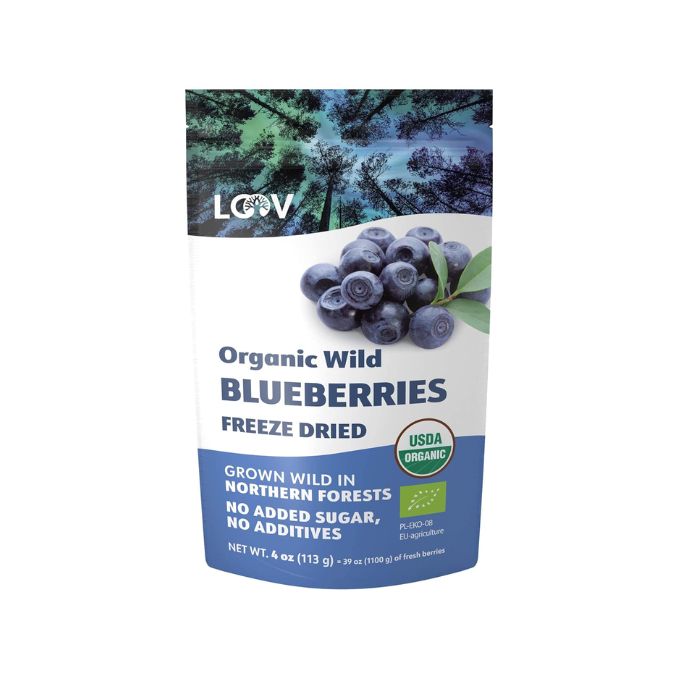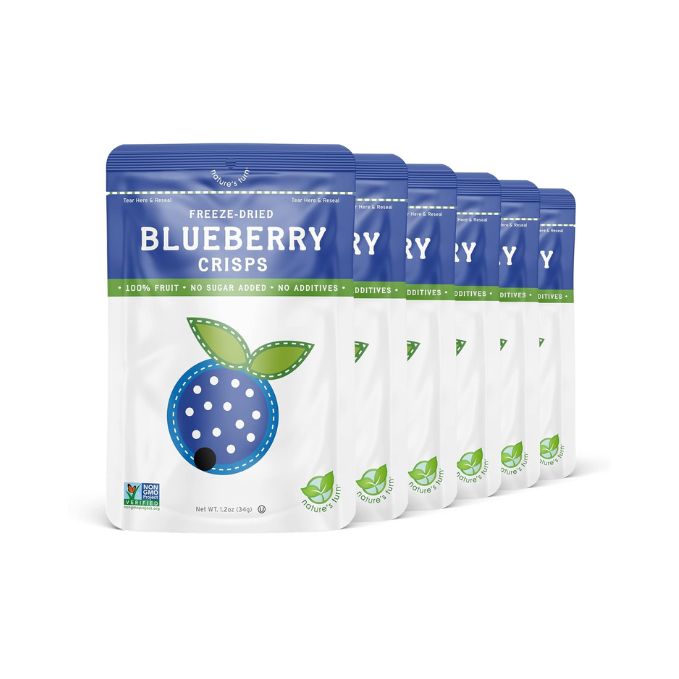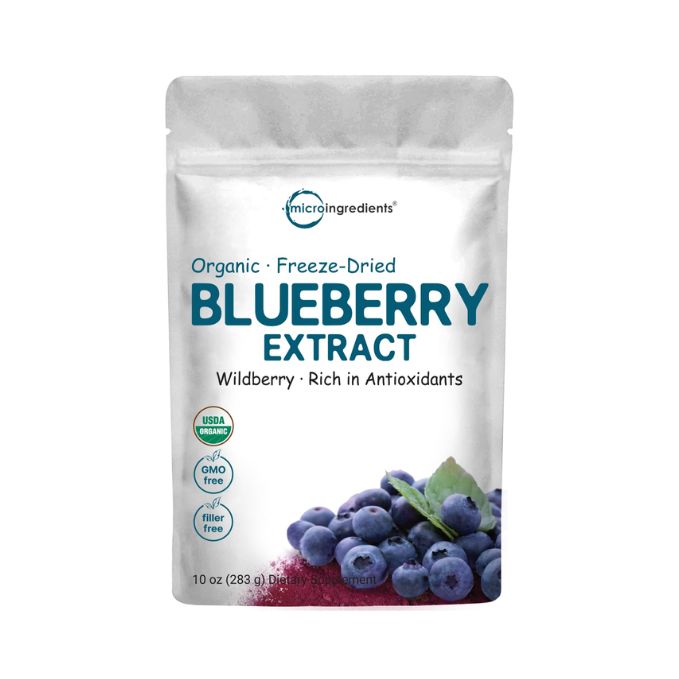Do you ever find it difficult to absorb new information or keep your focus when learning? Many people share this struggle, especially in a world filled with distractions. It can feel disheartening at times, but recognizing this challenge is a crucial part of your learning journey. Remember, you have the curiosity and determination within you to unlock your full potential and make learning an exciting adventure!
Risks of Prescription Drugs for Memory Enhancement
Prescription drugs intended to improve memory and cognitive function, such as stimulants (e.g., Adderall, Ritalin) and certain nootropics, often fail to provide sustainable benefits and can lead to significant risks. While these drugs can offer short-term enhancements in focus and alertness, their long-term efficacy in improving overall cognitive function and memory is limited. Moreover, these medications can cause a range of adverse effects including dependency, cardiovascular issues, anxiety, and sleep disturbances (Smith & Farah, 2011). For instance, stimulants are known to enhance attention but do not necessarily improve the quality of cognitive processing or learning outcomes in healthy individuals (Repantis et al., 2010). Additionally, the misuse of these drugs can lead to serious health problems and diminished cognitive abilities over time (Ragan et al., 2013). Non-pharmacological strategies, such as regular physical exercise, cognitive training, and a balanced diet, have shown more promise in enhancing cognitive function sustainably and without the associated risks of prescription medications (Hillman et al., 2008).
Enhancing Cognitive Function with Blueberries
Blueberries have been shown to significantly improve memory and cognitive function, largely due to their high content of flavonoids, particularly anthocyanins. These compounds possess strong antioxidant and anti-inflammatory properties, which help to reduce oxidative stress and inflammation in the brain, processes that are linked to cognitive decline. A study by Krikorian et al. (2010) demonstrated that older adults who consumed blueberry juice daily for 12 weeks showed improvements in memory and cognitive function compared to a placebo group. Additionally, a review by Miller and Shukitt-Hale (2012) highlights multiple studies indicating that the regular consumption of blueberries is associated with better cognitive performance and delayed brain aging. These benefits are attributed to the ability of blueberries to enhance neuronal signaling and improve blood flow to the brain, which supports overall brain health and function.
Versatile Uses of Blueberries for Brain Health
Freeze-dried blueberries offer a convenient and nutrient-dense snack, preserving the fruit’s natural sweetness and antioxidants while making them lightweight and shelf-stable. For a crunchy treat, freeze-dried blueberry crisps provide a delightful texture, making them perfect for topping yogurt or enjoying straight out of the bag. Meanwhile, blueberry extract powder serves as a versatile ingredient for smoothies and baked goods, delivering concentrated blueberry flavor and health benefits in a convenient form.

LOOV Wild Organic Dried Blueberries
These freeze-dried blueberries offer a convenient way to enjoy the powerful antioxidants and vitamins found in whole fruit. With no added sugar or oil, they make a nutritious snack that supports heart health and enhances cognitive function while delivering a deliciously sweet taste from Nordic forests.
Nature’s Turn Freeze-Dried Fruit Snacks, Blueberry Crisps
Enjoy a crunchy and satisfying snack with these blueberry crisps that preserve the essential nutrients of whole blueberries. Packed with antioxidants, these snacks can support your immune system and promote overall wellness, making them a delightful guilt-free treat for any time of the day.


Organic Blueberry Extract Powder
This versatile blueberry extract powder is made from freeze-dried wild blueberries, providing a concentrated source of antioxidants without any sugar or additives. Perfect for smoothies, baked goods, or as a flavor booster, it supports healthy skin and may improve heart health, all while adding delicious blueberry flavor to your meals.
Unlocking Your Learning Potential Naturally
Navigating the complexities of learning can be challenging, but acknowledging these struggles is a vital first step toward improvement. Embracing natural strategies and cultivating healthy habits can lead to a more enjoyable and effective learning experience. Remember, your curiosity and determination are your greatest allies in this journey of discovery and growth.
Transform Your Destiny
Are you ready to unlock your full potential and create a life you love? Embrace practical and proven techniques to help you master your mind, empower your body, and rule your life.
Disclosure: Start Now How is no longer an Amazon Associate. Links to Amazon products in this post are provided solely for informational purposes and do not result in any commission. For more details, please see our Privacy Policy.
Legal Disclaimer
The information provided on this website, including blog posts and downloadable materials, is for educational and informational purposes only and is not intended as medical advice. The content is not a substitute for professional medical advice, diagnosis, or treatment. Always seek the advice of your physician or another qualified health provider with any questions you may have regarding a medical or psychological condition. Do not disregard professional medical advice or delay in seeking it because of something you have read on this website. The use of any information provided on this website is solely at your own risk. Before beginning any new health regimen, including natural remedies, exercise routines, mindfulness practices, or life improvement strategies, consult with your general physician to ensure it is appropriate for your individual health needs and conditions.
References
Repantis, D., Schlattmann, P., Laisney, O., & Heuser, I. (2010). Modafinil and methylphenidate for neuroenhancement in healthy individuals: A systematic review. Pharmacological Research, 62(3), 187-206. https://www.sciencedirect.com/science/article/abs/pii/S1043661810000927?via%3Dihub
Smith, M. E., & Farah, M. J. (2011). Are prescription stimulants “smart pills”? The epidemiology and cognitive neuroscience of prescription stimulant use by normal healthy individuals. Psychological Bulletin, 137(5), 717-741. https://psycnet.apa.org/doiLanding?doi=10.1037%2Fa0023825
Ragan, C. I., Bard, I., Singh, I., & Independent Scientific Committee on Drugs. (2013). What should we do about student use of cognitive enhancers? An analysis of current evidence. Neuropharmacology, 64, 588-595. https://www.sciencedirect.com/science/article/abs/pii/S0028390812002742?via%3Dihub
Hillman, C. H., Erickson, K. I., & Kramer, A. F. (2008). Be smart, exercise your heart: exercise effects on brain and cognition. Nature Reviews Neuroscience, 9(1), 58-65. https://www.nature.com/articles/nrn2298
Krikorian, R., Shidler, M. D., Nash, T. A., Kalt, W., Vinqvist-Tymchuk, M. R., Shukitt-Hale, B., & Joseph, J. A. (2010). Blueberry supplementation improves memory in older adults. Journal of Agricultural and Food Chemistry, 58(7), 3996-4000. https://pubs.acs.org/doi/10.1021/jf9029332
Miller, M. G., & Shukitt-Hale, B. (2012). Berry fruit enhances beneficial signaling in the brain. Journal of Agricultural and Food Chemistry, 60(23), 5709-5715. https://pubs.acs.org/doi/10.1021/jf2036033

